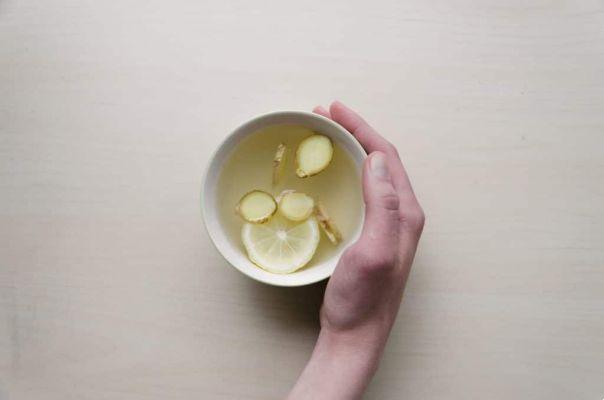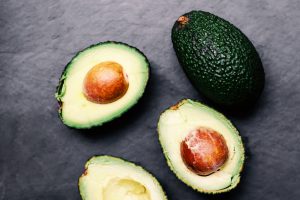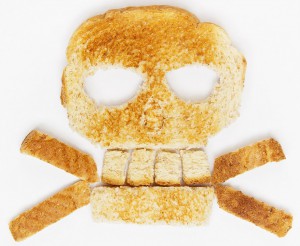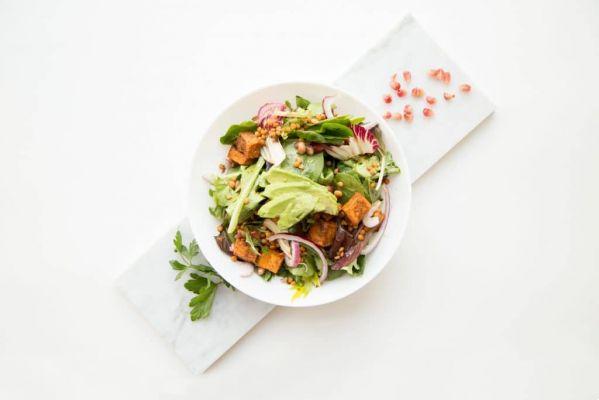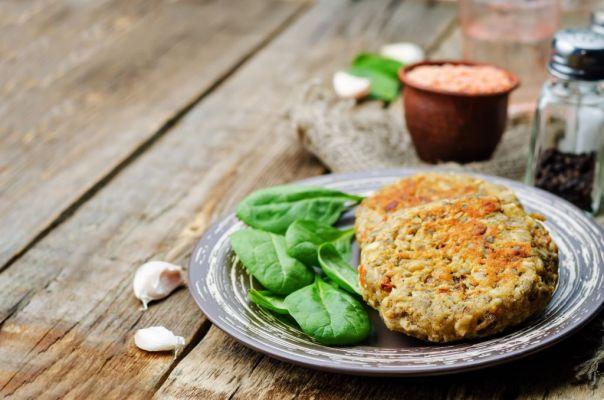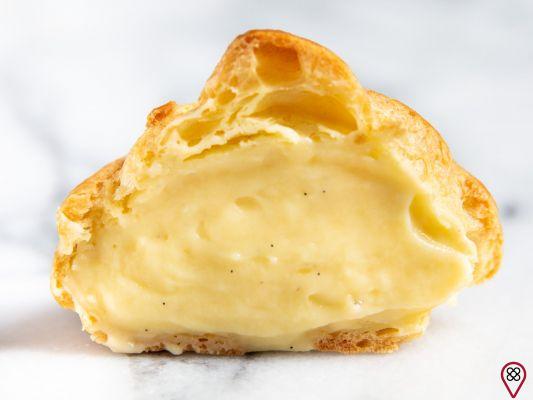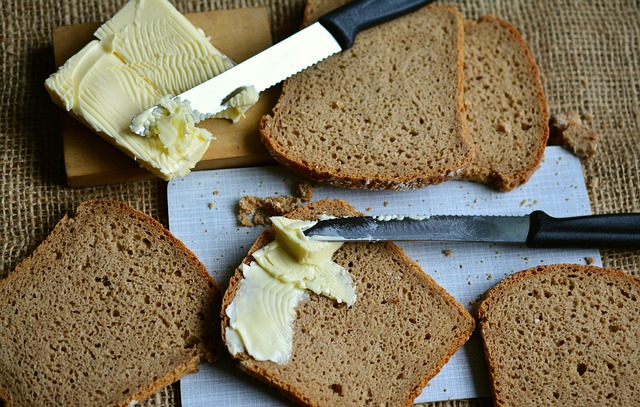Sugar for babies is poison. I am against any kind of candy for babies and children under 3 years old! Yes, 3 years or even longer the parents manage to rid their child of this addictive temptation. I am talking about white sugar, sweets, cakes and pies made with sugars or sweeteners, confectionery in general, in addition to industrialized products and beverages such as chocolates, canned and ready-made sweets, soft drinks, ice cream, box juices and any other sugary beverage.
I didn't decide to be against 'just because', or because I'm a nutritionist and 'nutritionists are radical', or any other label (that doesn't define us nutritionists). This is my opinion based on clinical experience, on the vast literature, and on numerous studies that prove the benefits of a diet free of sweets and sweets in early childhood, as well as on studies that demonstrate the association between a diet rich in sugars at an older age. premature to the incidence of so many future chronic diseases and syndromes.

The consumption of sugars and sweets by babies and children, both in Spain and in the rest of the world, has grown every year and the addictive power of this substance in the human brain is scientifically proven. Many studies demonstrate the developmental impairments and increased incidence of chronic diseases and syndromes in children who had a diet rich in sugars (and other excess nutrients such as sodium, poor quality fats, etc.) adulthood.
That's why, because I'm passionate about helping people to enhance their well-being and quality of life, I feel obliged to warn and suggest alternatives and strategies to overcome this tendency.
I also understand that, as our society is structured today, keeping children away from sugars, sweets and treats is one of the most difficult parts of the food education process. It seems to be a fight against the rest of the world, sometimes even indoors! With a relative who thinks differently. But it's not impossible! Especially as a baby, when he only eats what YOU GIVE him.
When it comes to children's parties, for example, with older children, it is difficult to conceive of a party without goodies. Healthy options are rare and are often even disdained by parents for not being the most attractive. It's hard to change the culture, and parents who propose healthy alternatives are often labeled radical bores.
But with love, affection, strategies and planning, good guidelines are easily maintained within any family. In fact, with these four ingredients mentioned, anything is easy to implement and maintain, right?
Well, why say no to sugars and sweets for babies and toddlers?
You accept guidance when you understand it, so here's what you should know:
1 ● It is known that we are all born with the taste most ported to the sweet taste, so it is the other flavors that 'need' to be more stimulated. And doing so is a big plus as hundreds of fruits, vegetables and vegetables in general – full of important nutrients – are less sweet and just as delicious in their flavors.
2 ● Sugar IS TOTALLY DISPENSABLE IN CHILDREN'S DIET. No, your child won't feel like it, his mouth won't water, he won't lack anything nutritionally if you don't give him. He doesn't need empty calories. Maybe he will ask and even make a fuss if he sees others eating in front of him, but not because he needs it (nobody needs what he doesn't know), but then why does he want to eat what the other is eating? It's called curiosity! The need (also acquired) to eat sweets is the adult's, not the baby's. He doesn't know what sugar is, he doesn't know that juice is sweeter with sugar or that a pear is juicy with condensed milk on top. That's the adult he knows. He only needs the fruits and foods that already come with their natural sweetness, vitamins, minerals and carbohydrates in the right amount for his energy and development.
3 ● The introduction of sweets, especially industrialized sweets, influences the baby's taste, intensifying it for this flavor and leading him to later reject everything that is not so sweet. From there on, other fruits, which have their ideal sweet flavor when combined with fiber and vitamins, will no longer be as appetizing as the 'piece of chocolate cake with filling'. Sugars and sweets mask the original flavors of the food, and the baby tends to refuse them when they are later offered in their natural form, cascading down to these problems as well.
4 ● The early introduction of sweets makes it difficult for the mother to work in the future in accepting and introducing varieties of new foods and flavors. As the taste has already been slightly (or intensely) altered, the child is always looking for that flavor. There may then be episodes where the child does not want to eat what you give him. You give up because of tiredness, but you don't want to leave her without eating anything, so you give in to the sweetie, because she accepts it, and the vicious cycle is formed.
5 ● You end up thinking that he has a 'problem' with this or that food, that he really doesn't like it, because he says he doesn't like it. In fact, your child is just learning to be 'selective' the wrong way and ends up not offering anymore. And so a series of other foods are added to this list of 'not offered', and when you see the child doesn't eat almost anything, he has a super limited diet.
6 ● There is a phase between the first and third year when the baby may have their appetite reduced, eat less and use this selectivity to eat only what they want. If he has not been 'introduced' to sweets until then, it is likely that this period will be quieter, as the little he eats is healthy.
7 ● It's not just a matter of taste formation and behavior. These excess ingredients can be triggers for cognitive problems, metabolic changes and inflammation, such as obesity, cancer, diabetes, etc. A vast amount of research around the world has already demonstrated the association of these substances with an increased risk of chronic diseases and syndromes in both early childhood and adulthood.
If none of this was the case for your first child or other babies/toddlers you know, great! There are children who eat super well, luckily!

But it is good to warn, based on clinical occurrences, that not a few have problems. The number is increasing, thanks to massive industrialization, the abandonment of the habit of cooking, the little time dedicated to meals, in short… the so-called globalized world. Television shows talk about it all the time, experts, scientists, professionals warn, but corporate marketing and commitments run faster.
Okay, what to do to prevent and circumvent this trend?
1 ● Prioritize, encourage and, above all, 'set an example' in the consumption of in natura foods, obviously from food introduction to 3 years of age or the longer you can. So you will reduce and limit your baby's diet to what is healthy and necessary for his development, reducing the consumption of empty calories, chemical additives, dyes, etc. and prioritizing vitamins, minerals, fiber and precursor substances for optimal growth.
2 ● To consider a product in your child's diet, ALWAYS read the labels to check for sugars, additives, colorings. If they are on the list, delete them. If it's the first 4 ingredients, exclude it. Because the ingredients are necessarily described in order of quantity. The first is in greater quantity in the product and is decreasing.
3 ● Don't have it at home…and it won't be consumed! Neither by the parents, nor by the little brother, and neither will they be tempted to give it to the baby. At this stage he is trying everything and his family is the example he will follow. He will learn what you and the family teach!
4 ● Away from home, on outings and parties, take a lunch box with what is ideal for your baby. Ask relatives, friends and acquaintances, with affection and a smile on your face, not to give or offer anything to your baby, because you have already brought his food, and avoid consuming the goodies in front of him. Remember this is not a tactic, it should be the family lifestyle.
5 ● Do not maintain a constant habit of going out to eat with babies and children. Taste and eating habits are best built indoors, with what you offer with love and care. Away from home, what restaurants, cafeterias and fast-food outlets want is to SELL any type of food to your child.
6 ● If your baby/toddler spends time with grandparents, caregivers, the best way to approach the conversation about feeding is to raise awareness as well. Talk and show these guidelines, including films and documentaries that talk about the subject and that are precious for everyone to know!
7 ● Choose parties, outings, places where you can offer healthier alternatives to your children, making your 'selection' of the most suitable places. Little by little your choice will become a trend. Thus, places and companies will have to base themselves on this form to try to sell their healthier products and services. This fortunately has already started to happen, at the steps of healthy ants.





